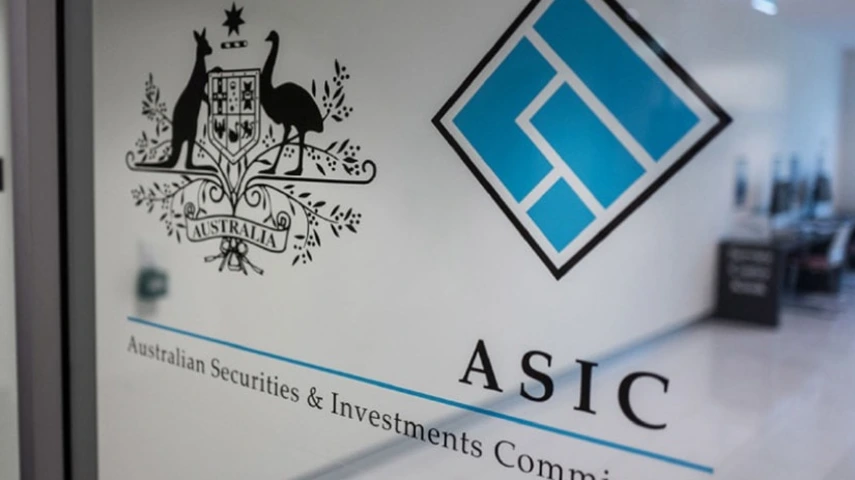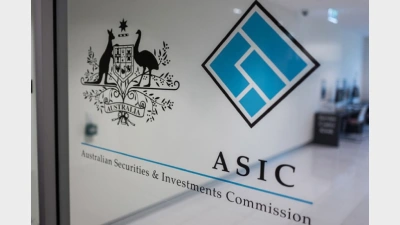Dixon Advisory’s $7.2m penalty unlikely to ever be paid: ASIC



Appearing before the Senate’s Economics Legislation Committee Estimates, ASIC deputy chair Sarah Court has claimed the $7.2 million penalty issued to Dixon Advisory was made to send a “deterrent message” against misconduct.
On 26 October, Liberal senator Andrew Bragg asked Court if Dixon Advisory and Superannuation Services (DASS) would pay its $7.2 million penalty for breaches of the Corporations Act as well as the $1 million towards ASIC’s costs of investigation and legal proceedings.
“Given that Dixon is in voluntary administration, these amounts are unlikely to be paid,” Court said.
Bragg expressed his concern regarding what message this would send to the regulatory community if the penalties are never collected.
“Despite the fact that the penalty imposed by the court is unlikely to be paid, the point of these actions is to send a deterrent message to other companies that engage or are contemplating engaging in conduct in the way that Dixon Advisory did,” Court explained.
ASIC first commenced civil penalty proceedings against DASS in September 2020 for alleged conflicts, best interest failures and inappropriate advice. Its Australian financial services licence (AFSL) was then suspended in April 2022.
Former DASS clients were urged to make a complaint as they may be eligible for compensation under a potential Compensation Scheme of Last Resort (CSLR).
The company was fined $7.2 million in September 2022, with the Federal Court finding that six representatives of Dixon Advisory failed to act in the clients’ best interests and failed to provide advice appropriate to their clients’ circumstances.
The court found that on 53 occasions between October 2015 and May 2019, Dixon Advisory was the responsible licensee of six representatives who did not act in the best interests of eight clients when they advised these clients to acquire, rollover or retain interests in the US Masters Residential Property Fund (URF) and URF-related products.
As a result, the Australian Financial Complaints Authority (AFCA) received more than 1,700 investment and advice complaints last year related to the collapse of Dixon Advisory. This figure represented three-quarters of the total sector complaints.
Most recently, ASIC commenced civil penalty proceedings in the Federal Court against Paul Ryan, director of Dixon Advisory.
Ryan was alleged to have breached his duties as a director by his involvement in decisions ASIC alleges were to the advantage of Dixon Advisory’s holding company, E&P Operations Pty Ltd, and by failing to properly consider the interests of Dixon Advisory’s creditors. Ryan was also a director of E&P Operations.
Recommended for you
AMP has agreed in principle to settle an advice and insurance class action that commenced in 2020 related to historic commission payment activity.
Financial advisers will have to pay around $10.4 million of the impending $47.3 million CSLR special levy but Treasury has expanded the remit to also include super fund trustees and other retail-facing sub-sectors.
While social media can have positive financial influence, the overwhelming risks signal a greater need for affordable advice as Australians continue to seek financial education on social media.
Fitzpatricks Advice Partners has released a guide on building a national advice firm with the argument that these firms are crucial to facilitating growth in the struggling profession.













I'm sure ASIC will recover these costs from licenced good hearted financial advisers via the ASIC levy. No problem. Just shut up and take my money.
Dear ASIC, please confirm how many times, how many complaints, how many warnings over a lot of years were you warned about Dodgy Dixon’s.
And of course ASIC you did nothing until the horse was so far bolted there was nothing left but manure.
It is very disappointing that there was no real motivation for ASIC to collect this penalty on DASS. Surely there are more office holders and owners of that business that could be pursued. Meanwhile the ASIC Levy that all advisers (including the vast majority who have the highest professional behavior), is set to skyrocket. The other message ASIC sends in the non pursuit of DASS, is its deafness to the concerns of an already stretched advice community.
As I stated in my Submission to the Senate Economics References Committee Hearing on 4th October 2023, it is an AFSL licensing condition to maintain Professional Indemnity Insurance cover for customer protection. (1) Why are the DASS clients not claiming against its PI policy for inappropriate advice, etc.? (2) Why is ASIC not claiming against its PI insurance policy for investigation and enforcement costs because it is an inclusive action in the clients' remediation process? Lawyers for PI insurance receive ASIC's reports and assess their liability under the PI customer protection conditions. [3] Why are advisers AFSL licensees paying the Industry Funding Levy instead of ASIC claiming against PI insurance, where that is the purpose of PI insurance? [4] Is not acting on PI insurance a regulatory 'blind spot'?